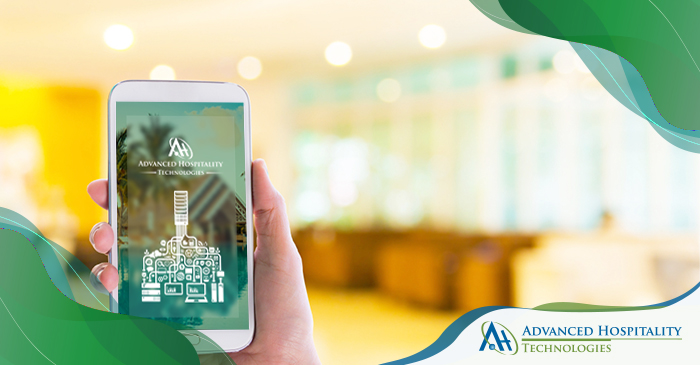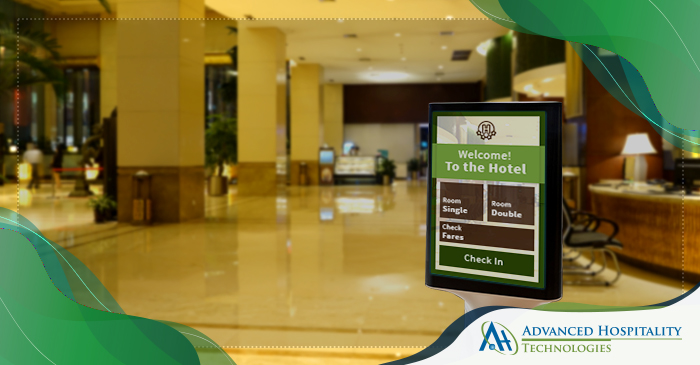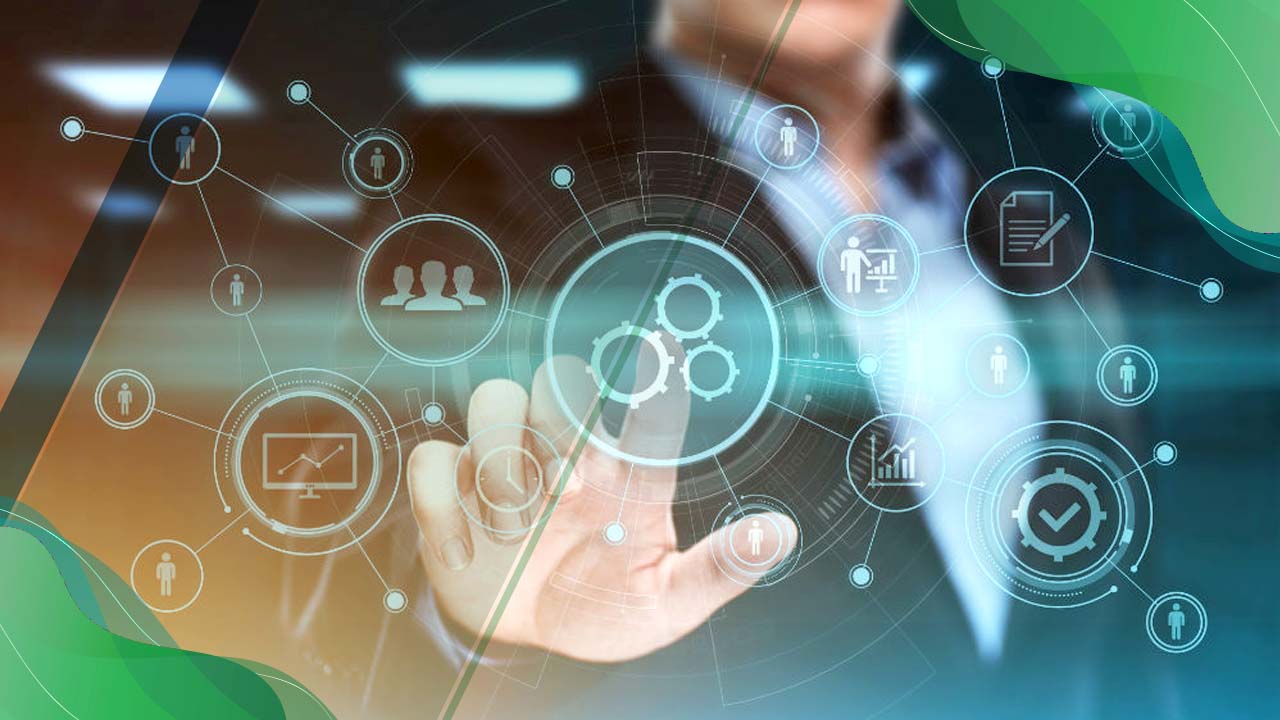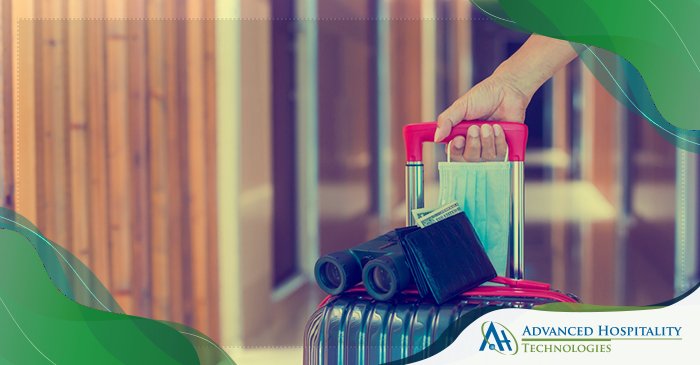Even as cases rise in the US, some businesses simply cannot afford to close down. Hotels, resorts, and other hospitality businesses already seeking relief from the government will now have to reopen with strict coronavirus SOPs enforced across assets.
CEO of the AHLA (American Hotels & Lodging Association), Chris Rogers, claims in an interview with AFAR Tourism Magazine that AHLA analysts expect leisure travel to return by midsummer, while business travel will also return by the end of the year. He did mention in the same interview that events, conferences, and exhibitions are not going return until late 2021, the AHLA forecasts.
Hotel and resort owners will have to put a lot of planning and innovation to ensure their properties do not turn in to COVID19 hotspots. Technology management will now take a center seat in asset planning, budgeting, design, development, and renovation processes.
As travel returns, guests will demand a plethora of changes across hotels as we mentioned in our previous article. Hotels, resorts, country clubs, and other lodging businesses will eventually have to adapt to the changing demand of travelers who will now seek more personalization, more IoT room integrations, fewer staff interactions, and rigorous cleaning policies in hospitality establishments.
One of the most important aspects of the COVID19 decade will be the necessary integration of mobile & digital in everyday hospitality. From guest experience management to Cloud Property Management Systems, mobile will define efficiency 7 safety for hotels.
Consider the Marriott BonVoy app, not exactly the finished article yet, but quite possibly the best hospitality guest app in the world right now. Marriot BonVoy users now have a collection of amazing features including concierge chat, live bookings, Bluetooth room keys, loyalty points, exclusive rates, mobile check-in, and much more.
Hotel apps will require more attractive user interfaces, more interactive features, personalization features, and above all robust security & privacy for guest data. As payment systems also migrate to touch & digital platforms, hoteliers will require more relevant personnel for data management.
The Internet of Things is now destined to make breakthroughs in hospitality, with popular hospitality franchises already investing in data management & analytics to improve revenue. Hotels & resorts are also analyzing real-time guest data for highly personalized services.
Hotel guests are now demanding even more smart applications in their rooms, with their smartphones making it easier to sync with Bluetooth technology. Smart TVs, room features control, door locks, A.I. voice assistants, and robots will be common features in even midscale assets.
These smart IoT applications generate some amazing insights for hoteliers to predict guest behavior and create more opportunities to grow revenue. Data synced through smart wearables, phones, and voice assistants also gather invaluable data that identify areas of improvement in the guest experience.
Experienced technology management will define a competitive edge for most of the 55000 (approx.) hotels, resorts, and country clubs across the US. Intuitive mobile apps, robotics, enhanced communication, high-speed internet, vibrant lobbies with large screens, smart rooms, and even artificial intelligence will be the defining variables of unique hospitality experiences.
Hotel technology, hotel owners must understand, doesn’t manage itself on its own. Technology management is essential to ensure hotel technology is compliant, secure, and in optimal health. Monitoring technology on a daily basis can assure longer life with fewer vulnerabilities, in turn assuring cost savings.
Compliance is critical for hotel technology to ensure a seamless guest experience every time. Technology management always ensures that hotel systems are compliant and future-proofed to handle zero-day vulnerabilities. Hospitality technology management companies look at critical aspects like technology liability management, payment system security, hotel staff training, establishing contingency plans, and emergency backups.
Compliant systems are essential to ensure safety, minimize human interactions, and deliver seamless hotel experiences to guests. How good is a mobile app if it doesn’t let you contact room service or the concierge? Compliance, therefore, plays a major role in ensuring your hotel technology is secure, in optimal health, and patched for vulnerabilities.
Hotel technology management will also be essential when you look at the sheer levels of data flowing through hotel information systems. From basic guest information to complex guest behaviors, there is a necessary need for hospitality businesses to have data management guidelines in place.
Data is an asset, but servers full of personal, financial, and medical data is a liability that must be immediately addressed by hospitality companies. Hotel technology management ensures the formulation of a strategic digital policy to access, store, secure, and manage guest data. The PCI Rules already recommend steps like perimeter security, access & authorization rules, electronic policies development, network security & management at hotels.
Conclusion
As the COVID19 pandemic develops, technology will play a central role in determining safe & enjoyable hospitality stays. Technology management has developed into a strategic area for hoteliers, with great prospects for mobile, big data, AI, and Bluetooth solutions.
If you enjoyed this blog, do give me a thumbs up in the comments. Remember to bookmark our blog and visit us again for interesting reads, trends, news, and articles. Until next time, see you again soon.
Advanced Hospitality Technologies is a leader in Hospitality Technologies. We have an award winning benchmark for providing affordable, reliable and most advanced hospitality Technology Solutions.




